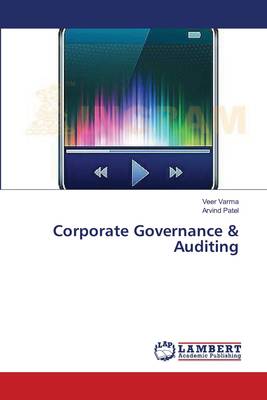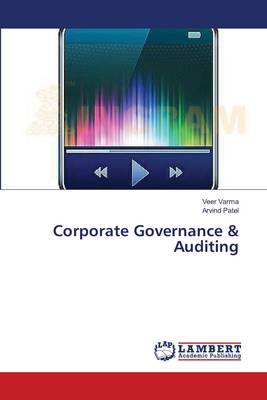
- Afhalen na 1 uur in een winkel met voorraad
- Gratis thuislevering in België vanaf € 30
- Ruim aanbod met 7 miljoen producten
- Afhalen na 1 uur in een winkel met voorraad
- Gratis thuislevering in België vanaf € 30
- Ruim aanbod met 7 miljoen producten
Zoeken
Omschrijving
Globalization of audit committees as a common mechanism of corporate governance is one of the most significant developments during the last two decades in several countries (including United States, Singapore, United Kingdom, Australia and Canada). Following the recent saga of corporate failures and the dramatic collapse of Enron, Worldcom, Cendant and HIH on the international arena and National Bank of Fiji locally (Fiji Islands), it provides continuing evidence of failures of corporate governance at all levels including senior management, boards of directors, the audit committee, external auditors, financial regulators and the accounting and auditing profession. Probably, at present this is the hottest issue and it provides a watershed opportunity for this study to contribute to our understanding of the value and potential of auditing as a mechanism in corporate governance in the context of the agency theory approach.
Specificaties
Betrokkenen
- Auteur(s):
- Uitgeverij:
Inhoud
- Aantal bladzijden:
- 76
- Taal:
- Engels
Eigenschappen
- Productcode (EAN):
- 9783659546655
- Verschijningsdatum:
- 29/05/2014
- Uitvoering:
- Paperback
- Afmetingen:
- 150 mm x 220 mm
- Gewicht:
- 122 g

Alleen bij Standaard Boekhandel
+ 78 punten op je klantenkaart van Standaard Boekhandel
Beoordelingen
We publiceren alleen reviews die voldoen aan de voorwaarden voor reviews. Bekijk onze voorwaarden voor reviews.











